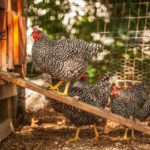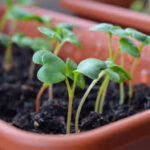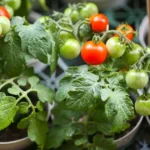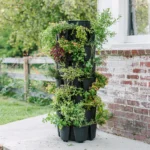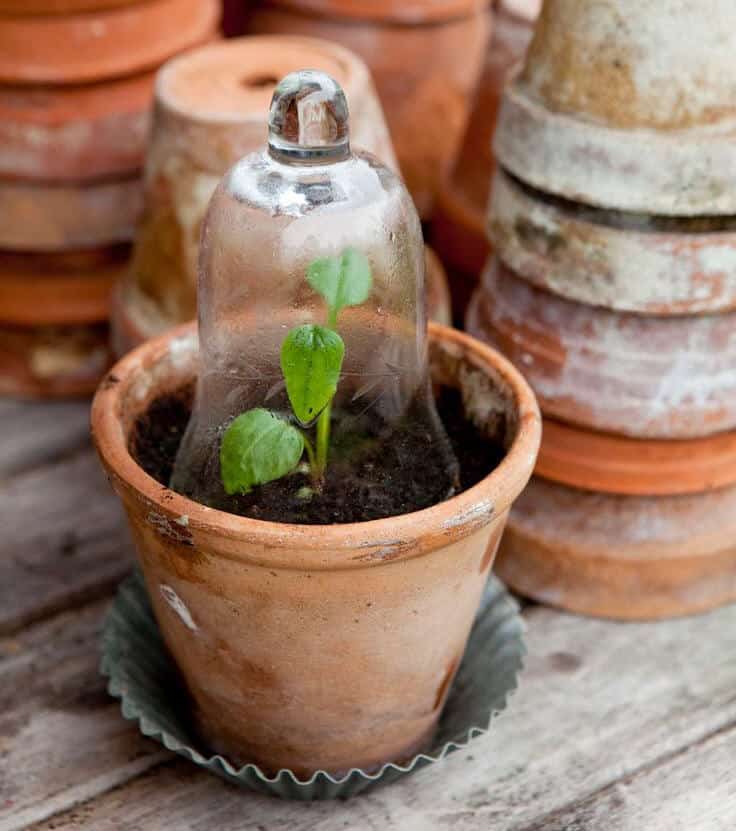The first method of garden pest control is prevention. Prevention of pests should be a precaution taken by any gardener in relation to successful garden pest control. Keeping pests out is the most effective and easy method of pest control. There are a number of ways of preventing insect damage in the garden.
One such technique is the removal of weak plants; they tend to attract pests and thus are best disposed of. Establishment of natural and healthy soil supports the growth of strong plants, making them less vulnerable to pests. Removal and destruction of weeds, which induce the breeding of pests, is a traditional and effective means of pest prevention. Another traditional pest prevention technique is to mix plants; since insects are attracted to certain plants, the mixing of crops can reduce the probability of pests spreading throughout crops.
Sometimes, efforts in preventing the trouble of garden pests are unsuccessful. When this occurs, it is time to move into other methods of garden pest control. This involves the destruction, removal and elimination of garden pests and ways of saving plants. Biological pest control is a main technique in garden pest control. This entails the manipulation of natural parasites in order to control a certain species of pest. Pests can also be exterminated by the destruction of their breeding ground.
Usually, this would involve burning the particular breeding area of the pest in order to kill it. Yet another commonly used pest control technique is poison spray. Spray that is fatal to the particular pest is sprayed on the crops in order to prevent the spread of the pest or to eliminate the pest. There are many types of sprays, specific to various pests. Traps are also used in garden pest control and there are many kinds of traps. Fly-paper, pheromones, floating row covers are a few such traps.
It is necessary to mention that methods of garden pest control sometimes may bring negative and undesirable results. For example, poison spray may unexpectedly make crops unhealthy or in the worst cases, kill them. Insecticides can increase the acidity of soil dangerously, making the soil unsuitable for plant growth. Crops grown in such circumstances may be harmful to people, if consumed. Hence, necessary precautions should be taken when dealing with garden pests in order to avoid dire consequences.



